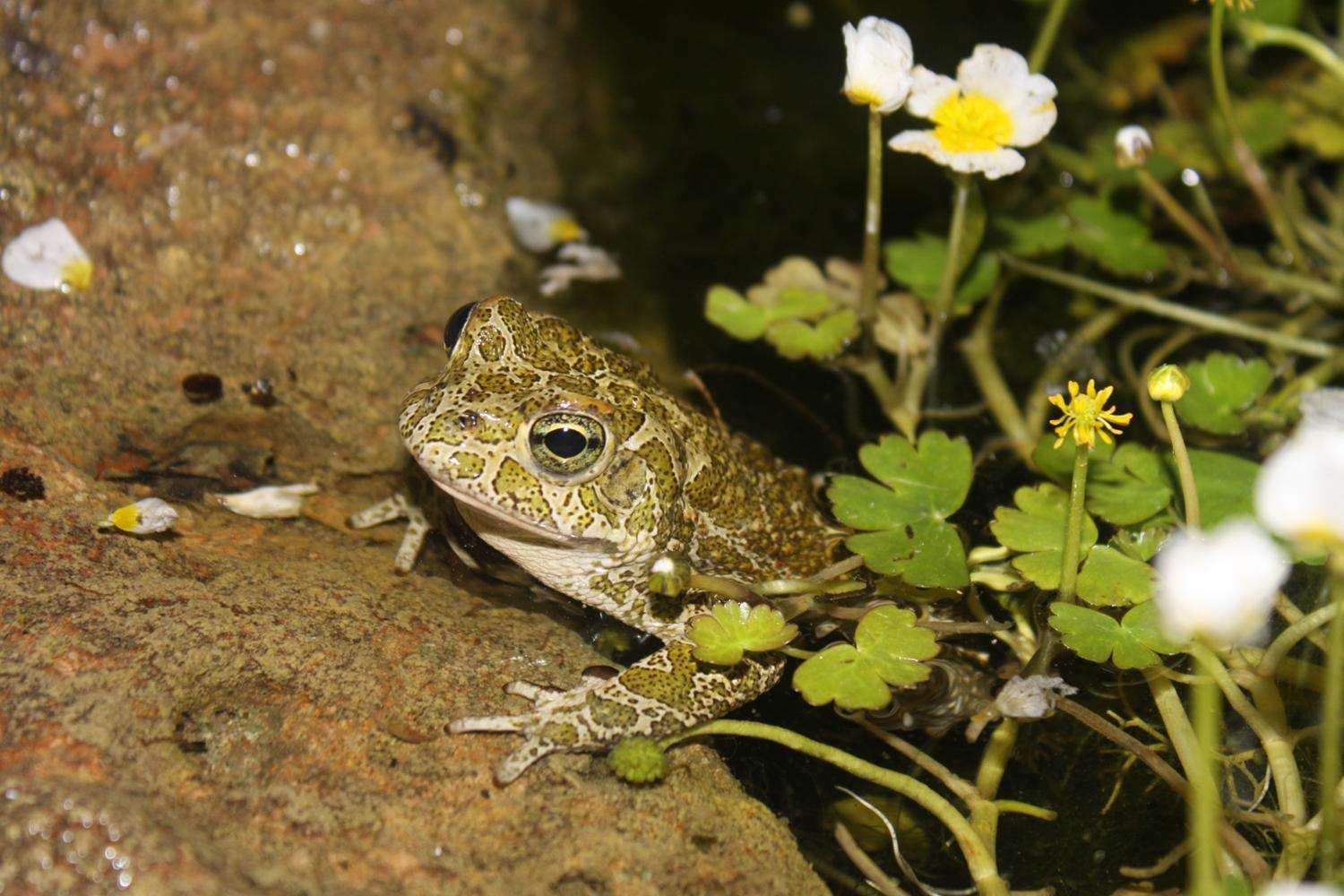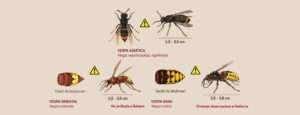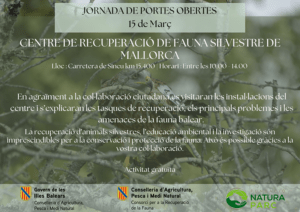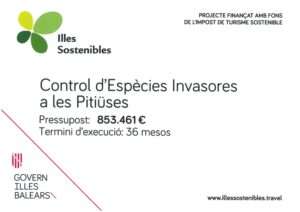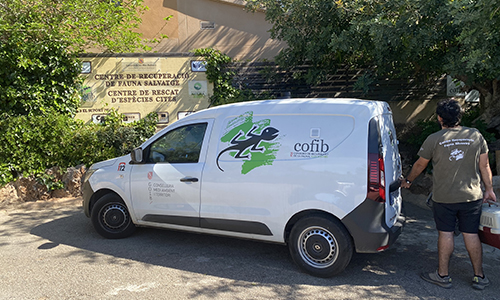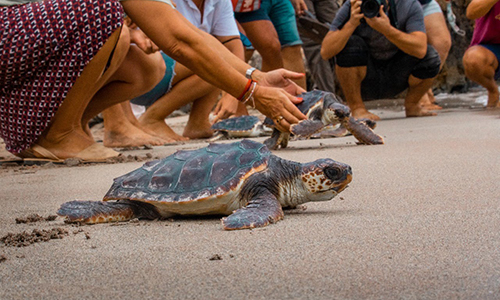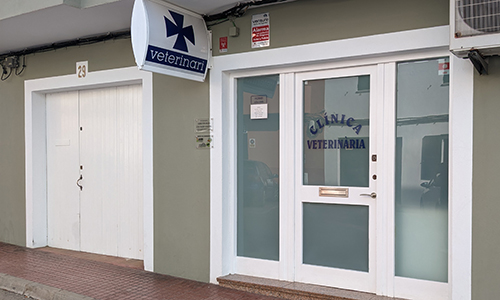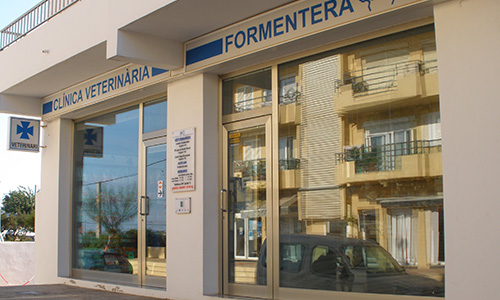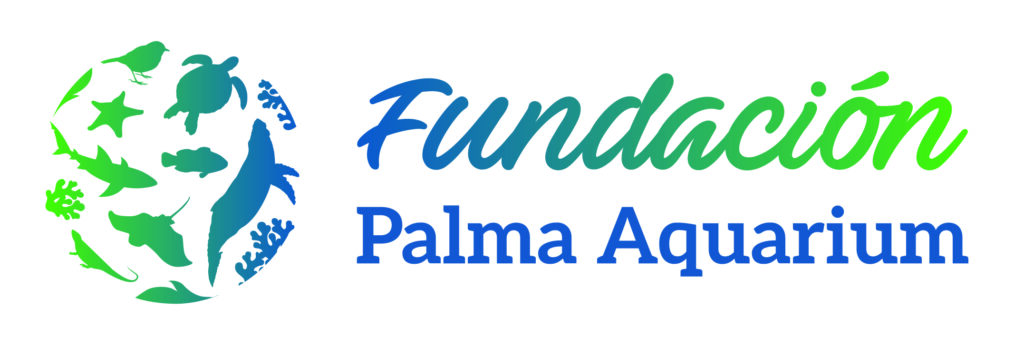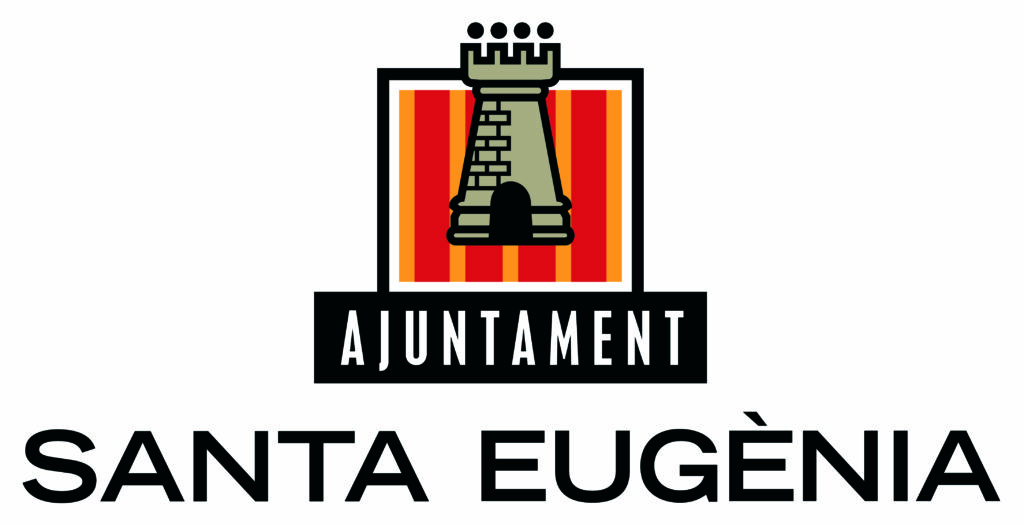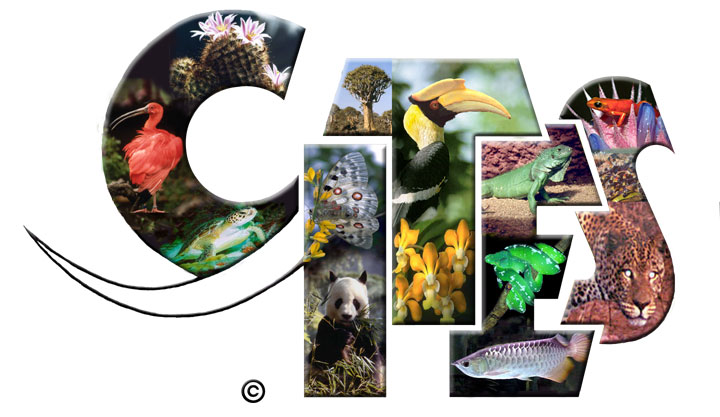Author: Míriam García Vendrell (coordinator of the Menorca Wildlife Recovery Center)
Publishing location: Menorca Wildlife Recovery Center
Publishing period: March 2025
Article language: Catalan
The calápet is an amphibian found only in the Balearic Islands in Spain. It is nocturnal, maintains a strictly insectivorous diet, and requires stagnant water ponds to reproduce. During its reproductive cycle, it undergoes a process called metamorphosis, which involves a complete transformation of individuals during their growth and development phases.
Females lay their eggs in gelatinous cords among aquatic vegetation, and after hatching, the larvae, known as tadpoles, undergo a process of metamorphosis. During this change, they develop legs, replace their gills with lungs, and lose their tails before reaching adulthood. When they reach sexual maturity, they return to the ponds to reproduce and complete their life cycle.
Their reproduction may be in danger.
Calápetes reproduce in temporary ponds, which dry out in summer, eliminating potential predators and competitors. The reproductive period begins in January and lasts until summer, depending on water availability and temperature. Global warming puts reproduction at risk, as the ponds dry up before the tadpoles complete metamorphosis.
In Menorca, since the pandemic, hotel and home swimming pools have been used as breeding sites during the winter, taking advantage of the stagnant water and without chemical treatments.
However, when they are cleaned for the tourist season, the chlorine is lethal to the tadpoles. For this reason, rescues are organized to move eggs, tadpoles, and adults to safer environments.
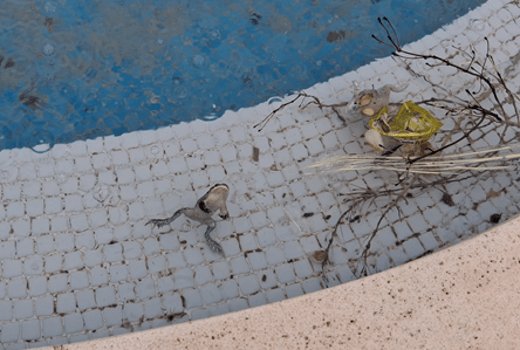
Adult calàpet specimen dead after chlorine was applied to the pool.
Rescue Operations
During the months of February and March, the Menorca Wildlife Recovery Center monitored four calápet breeding areas on the island and intervened in two of them, carrying out three rescues. The first rescue was in a natural pond in northern Menorca, where the metamorphosing tadpoles were transferred to the Center to complete their development. The other two rescues were carried out in hotel pools, where trapped adult specimens and tadpoles were released and relocated to more suitable ponds for their growth.
The two photographs on the left show one of the containers used during the transfer from pool to pond, and the photographs on the right show the rescued adult calápetes released into an artificial pond specifically built for the species.
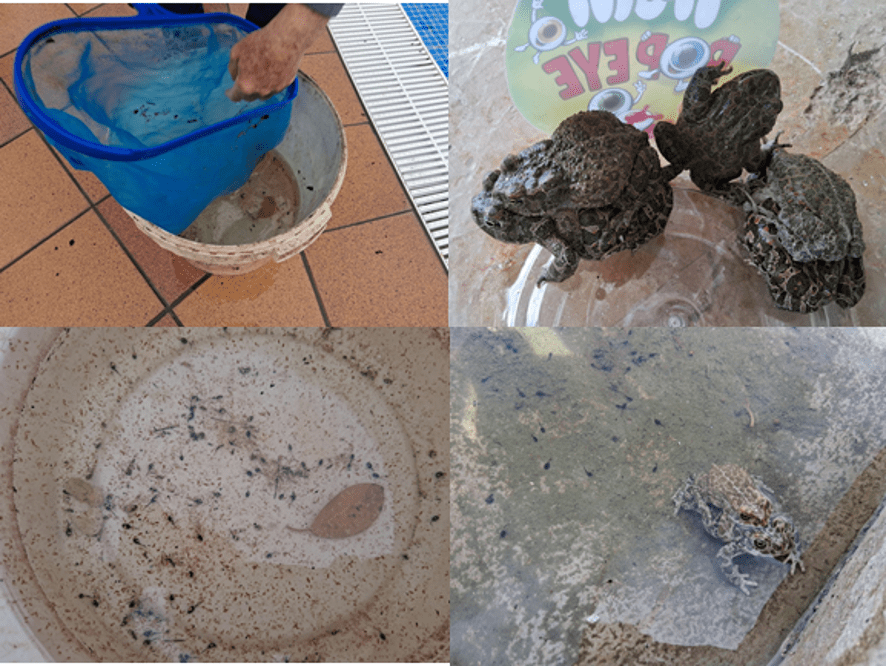
Main Threats to the Species
The main threats to the calàpet are habitat destruction and fragmentation, the use of pesticides and chemicals in agricultural and garden areas, and the drying up of natural ponds due to lack of rainfall and human activity. Swimming pools pose an additional danger, as the animals become trapped and exposed to toxic substances such as chlorine. Due to these factors, the species is classified as Vulnerable in the Red Book of Vertebrates of the Balearic Islands and is protected.
The rescues are part of an ongoing effort to ensure the conservation of the calàpet and other endangered species of Menorca. The Wildlife Recovery Center will continue working to protect the natural habitats of these amphibians and ensure their survival on the island.
